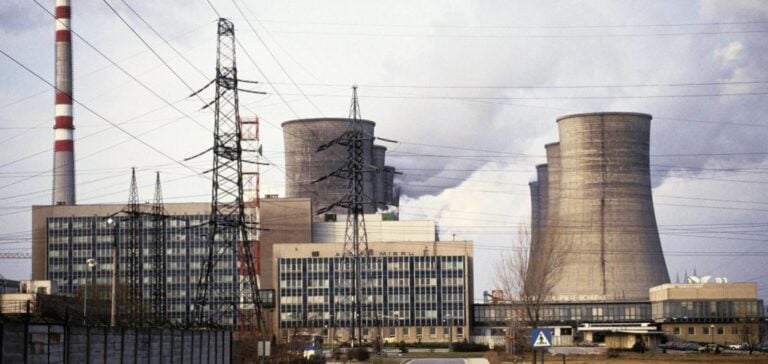The global nuclear industry is gathering this week at the World Nuclear Exhibition (WNE) near Paris, testifying to a significant revival in nuclear power. This major event, bringing together manufacturers, ministers and experts, focuses on progress since 2021 and future prospects, particularly in the run-up to COP28.
A Change of Global Perspective
Fatih Birol, head of the International Energy Agency (IEA), points to a global turnaround: several countries, initially reluctant to embrace nuclear power, are reassessing their positions. This renewed interest is reflected in new projects in China, France, the United States, Canada and Poland. Birol stresses the importance of extending the life of existing reactors, and is optimistic about innovations in small modular reactors (SMRs).
Challenges to overcome
Despite this positive momentum, the nuclear sector faces major challenges. Nuclear power’s share of global electricity production has fallen in recent decades, from 20% to less than 10%. Rafael Mariano Grossi of the International Atomic Energy Agency (IAEA) warns that a significant increase in nuclear capacity is needed to comply with the Paris agreements. There are currently around 400 reactors worldwide, but Grossi estimates that double that number, or more, will be needed by 2050.
Innovation and Investment: Keys to Transition
WNE highlights the need to invest in supply chains and the training of new talent. Diane Cameron, from the Nuclear Energy Agency (OECD), stresses the importance of attracting the younger generation and new operators to the sector. The show also features a focus on start-ups and next-generation reactors (AMR).
Nuclear power at COP28: Changing attitudes
WNE looks forward to COP28, where nuclear power, once taboo, is now seen as an integral part of the solution to global warming. Countries that use nuclear power, including France, are preparing to call for a tripling of nuclear generation capacity by 2050.
This convergence at Villepinte marks a turning point for nuclear energy, revealing a pragmatic and innovative approach to climate challenges.






















